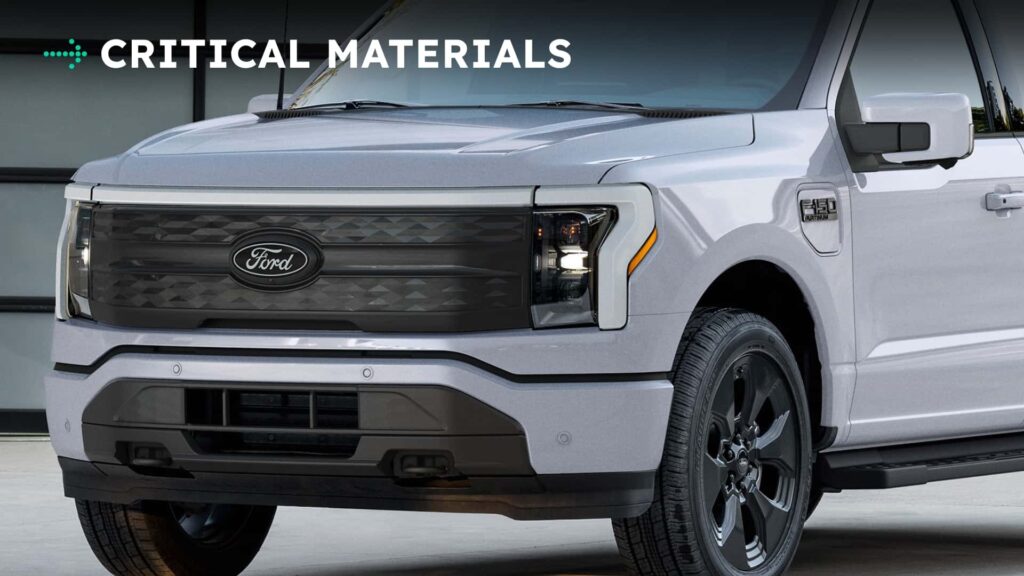The American auto industry has undergone significant changes in the past decade, with a shift towards larger vehicles such as trucks and SUVs. However, the landscape is evolving once again, with economic and technological factors pushing for a different approach.
In a recent analysis, it was highlighted that American buyers are no longer as enthusiastic about big trucks, especially as prices continue to soar. The average vehicle price in America has increased by $12,000 in just six years, making $70,000 pickup trucks financed over long periods less appealing to consumers. This trend is compounded by higher interest rates and potential price hikes from tariffs, creating challenges for automakers.
In response to these changing dynamics, American automakers are exploring new avenues. Ford’s $30,000 EV truck project represents a shift towards more affordable electric vehicles, challenging the traditional focus on high-priced trucks. This move reflects a broader industry trend towards electric vehicles and a departure from the previous emphasis on big profit margins from large trucks.
Hyundai and Kia, on the other hand, are doubling down on their commitment to electric vehicles, despite challenges such as tariffs. The Hyundai Motor Group’s product pipeline includes a mix of gas cars, hybrids, and EVs, with models like the Kia EV3 set to enter the market with competitive features and pricing.
Meanwhile, Chinese automaker Geely Group is navigating a decline in profits but is expanding its international presence. With a focus on exports and partnerships to strengthen its global supply chain, Geely is positioning itself for growth in new markets.
As American automakers grapple with changing consumer preferences and economic realities, the challenge lies in finding the right balance between profit margins and volume. Affordable vehicles like the Chevy Equinox EV and Ford Maverick have demonstrated success, pointing towards a potential shift in strategy for the Big Three.
In conclusion, the American auto industry is at a crossroads, with a need to adapt to evolving consumer demands and technological advancements. By embracing electric vehicles, exploring new markets, and rethinking product strategies, automakers can stay competitive in a rapidly changing landscape.

